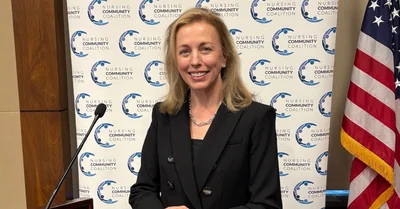A U.S. Fish and Wildlife Service report shines a light on a potential marine debris threat to Gulf of Maine birds.
Recent models predict 99 percent of the world’s seabird species and 95 percent of individual seabirds will have ingested some plastic by 2050, according to an April 19 Fish and Wildlife Service news release.
“Efforts like this one are really valuable for bringing partners together. Sharing knowledge and communicating new information between organizations is a really important way to work toward solutions on marine debris problems,” Demi Fox, Northeast regional coordinator for the NOAA Marine Debris Program, said in the release.
Other officials are concerned the public does not have enough awareness of the threat of pollution and litter to the birds.
“Everyone sees the debris, but the connection to birds has not been made as strongly on this coast,” Caleb Spiegel, one of the report’s lead authors and a wildlife biologist in the Fish and Wildlife Service’s Migratory Birds Program, said in the release.
The report was one of a number of recommendations made by the 2019 Gulf of Maine Marine Debris Action Plan. These issues have had a negative effect on bird populations in other parts of the globe as well, according to the release.








